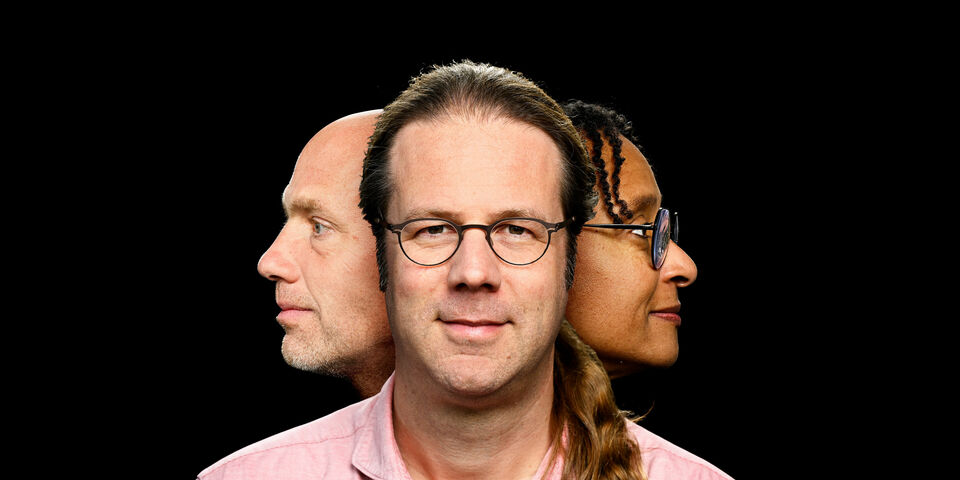Budget cuts
The academic Netherlands is in turmoil because the proposed new government is planning to cut back funding for higher education. I, too, would have preferred to see some more differentiation in the plans in favour of technical/beta studies. However, what is not can still come to be with the candidate minister. But perhaps a step back and a reconsideration on our role can actually be very healthy, even necessary.
In recent years, a lot of extra taxpayers' money has been invested in university education. A large part of this has been used to further strengthen the bureaucratic apparatus, which means that my colleagues and I carry out our work less efficiently and with less joy. Even though there is a shortage of tech and science talent, there has been a shift of resources to the social sciences. I don't begrudge my colleagues in the humanities and social sciences, but I can't help feeling that part of the current unrest at Dutch universities has in fact been financed with these resources.
I've always learned that the basics must be in order first, and that only then you start with the optics (with the wrong concrete, leaks occur and everything collapses, as we are now aware, even at the TU/e). Over the past decade, our education has mainly been concerned with optics and appearances. Fundamental problems, such as a broad decline in the knowledge level, enormous challenges regarding internationalization, illegible handwriting (a personal frustration as I ask for textual substantiation of an exam answer) were ignored or masked by vague language and flag-waving.
The unbridled collapse of numeracy and language skills in secondary school children needs our full attention. Still, alas in the current education system we are rather concerned with "personal skills" through elaborate rubrics.
What applies to university education also applies to research funding. NWO (Netherlands Organisation for Scientific Research) has now started to unabashedly introduce discriminatory policy, whereby the evaluation of a research proposal depends on the innate characteristics of the applicants. The only plus is that NWO is now at least openly admitting it. Why intersectional discrimination is good for science eludes me. But much more important; I have been learned to judge people as individuals and to appreciate their individual skills and am convinced that we should not divide people on the basis of unchosen group characteristics.
Back to the proposed budget cuts. It is sincerely to be hoped that the new minister is aware of the problems created by ourselves (and previous ministers): over-regulation, centralization, standardization, unproven educational innovations, focus on peripheral issues, ideology, open science, DIE, identity politics, etc. We need to cut back on this, so that we can focus on our core tasks. Because good and sound education is empowering for every individual and is the best foundation for a sustainable, equal and prosperous society.
Luc Brunsveld is a Professor Chemical Biology at TU/e. The views expressed in this column are his own.


Discussion